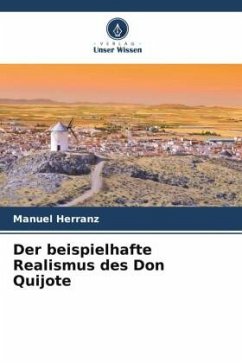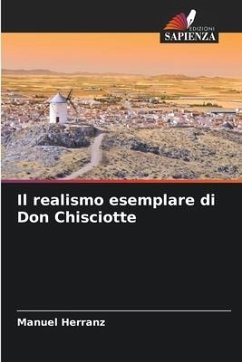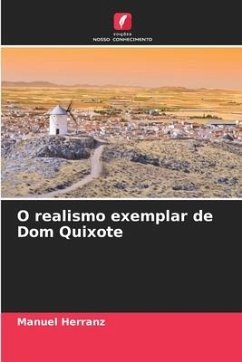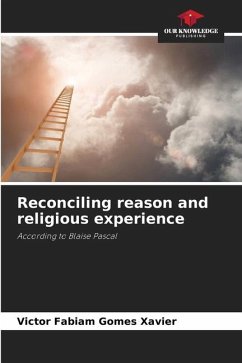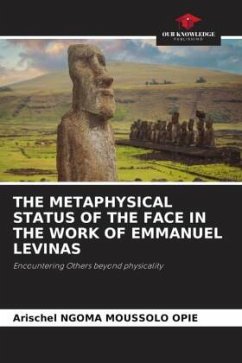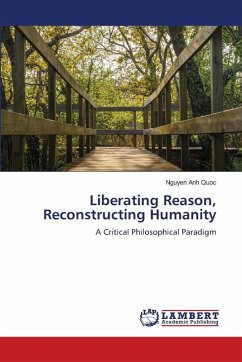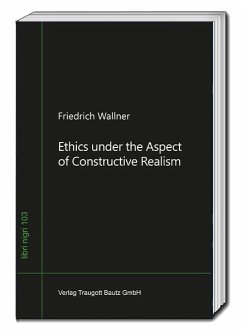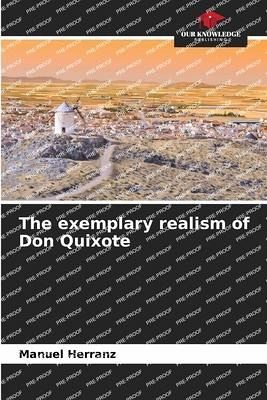
The exemplary realism of Don Quixote
Versandkostenfrei!
Versandfertig in 6-10 Tagen
41,99 €
inkl. MwSt.

PAYBACK Punkte
21 °P sammeln!
The reception or interpretation of Don Quixote up to the present has been erroneous, although it would be fairer to say nonsensical, because it has been inserted into a framework of idealistic thought that was imposed in Spain from the seventeenth century onwards, homologating itself to the European one. Thus it also turns out that this book not only exposes the obvious and easily identifiable meaning of Cervantes' novel but, at the same time, tries to show the reader what realism is, mainly the Spanish realism of the fifteenth and sixteenth centuries, which, as Dámaso Alonso has already seen...
The reception or interpretation of Don Quixote up to the present has been erroneous, although it would be fairer to say nonsensical, because it has been inserted into a framework of idealistic thought that was imposed in Spain from the seventeenth century onwards, homologating itself to the European one. Thus it also turns out that this book not only exposes the obvious and easily identifiable meaning of Cervantes' novel but, at the same time, tries to show the reader what realism is, mainly the Spanish realism of the fifteenth and sixteenth centuries, which, as Dámaso Alonso has already seen, is not identified with the so-called European realist novel of the nineteenth century. If we had to say, however, who this realism resembles, we would surely have no better reference than the so-called Realist School in International Relations. So we dedicate the exemplarity that Cervantes gives us to it.



